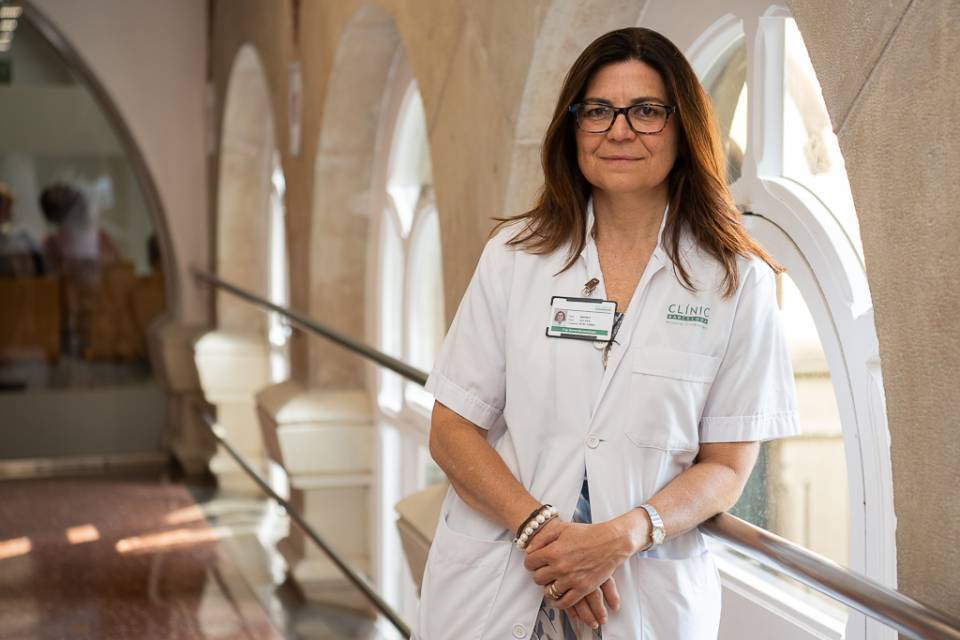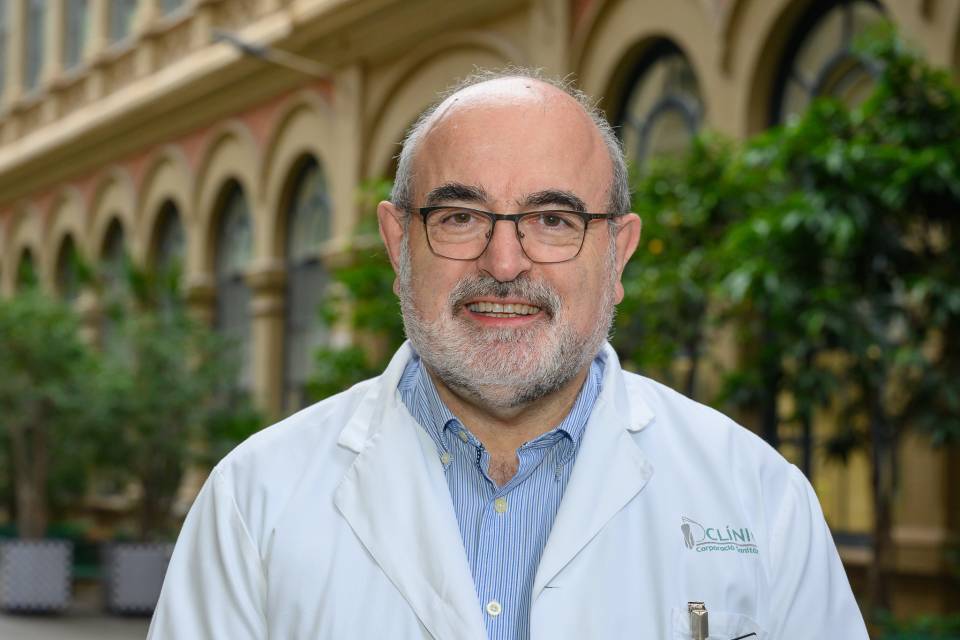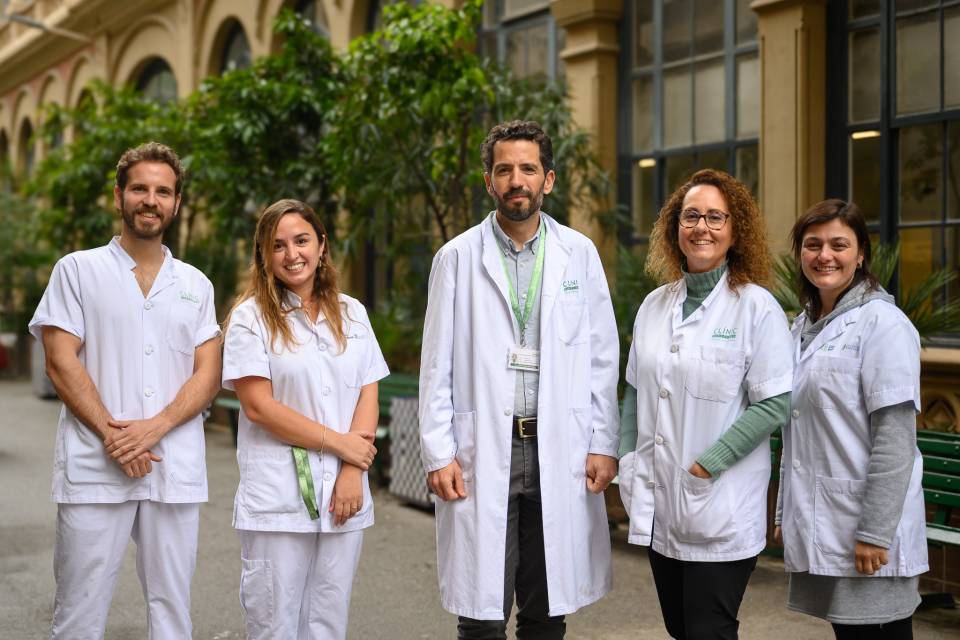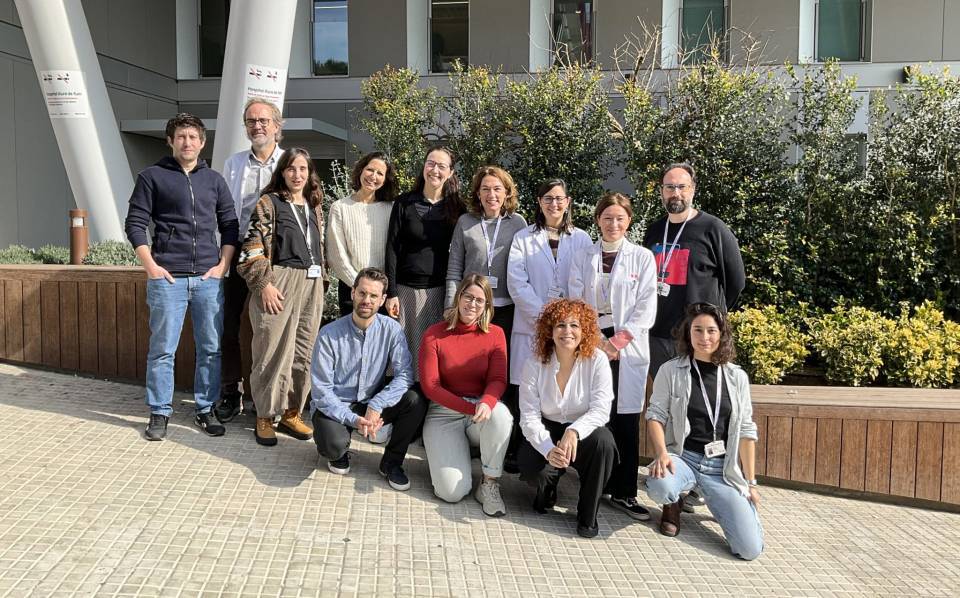Melanoma (or skin cancer) is a very rare disease among children and adolescents, with 1.5 cases per million. This low incidence has meant that there are no specific studies for children and adolescents and paediatric patients are managed by extrapolating from protocols for adults.
Now the European MELCAYA project, led by IDIBAPS-Hospital Clínic Barcelona, has conducted the first study focused on children and adolescents, showing that anti PD-1 antibody immunotherapy, one of the standard treatments for melanoma in adults, is effective and safe for the paediatric population.
Published in the European Journal of Cancer, the study followed the evolution of 99 paediatric patients with melanoma from 15 international centres (Spain, Germany, France, Italy, Netherlands, Sweden, Poland, Israel, Austria). The results show that treatment with anti PD-1 is as safe for children as it is for adults, even children under 12 years old.
The research also reveals that more than 80% of children and adolescents whose tumour was removed before starting treatment with anti PD-1 antibodies end up beating the disease, which is similar to the same proportion in the adult population.
Susana Puig, the head of the Dermatology Department and of the IDIBAPS research group Melanoma: imaging, genetics and immunology, as well as a coordinator of the MELCAYA project, says: ‘Due to our lack of information about the diagnosis and prognosis of childhood melanoma, children and adolescents have been excluded from the vast majority of clinical trials. This is the first study to investigate the activity, efficacy and safety of anti PD-1 antibodies specifically for these patients’.
Finally, the results of this research also show that only 25% of patients with advanced disease respond to treatment, meaning when metastasis has already spread to other parts of their body. Furthermore, the survival rate after three years is 34%. These results are much lower than those obtained in adults. ‘This shows that there is an unmet need to find new treatments for children and adolescents with metastatic melanoma, which means that projects like MELCAYA are more necessary than ever’, Puig says.

The opinions and views expressed are those of the author(s) only and do not necessarily reflect those of the European Union or the European Research Executive Agency (REA). Neither the European Union nor the REA can be held responsible.




